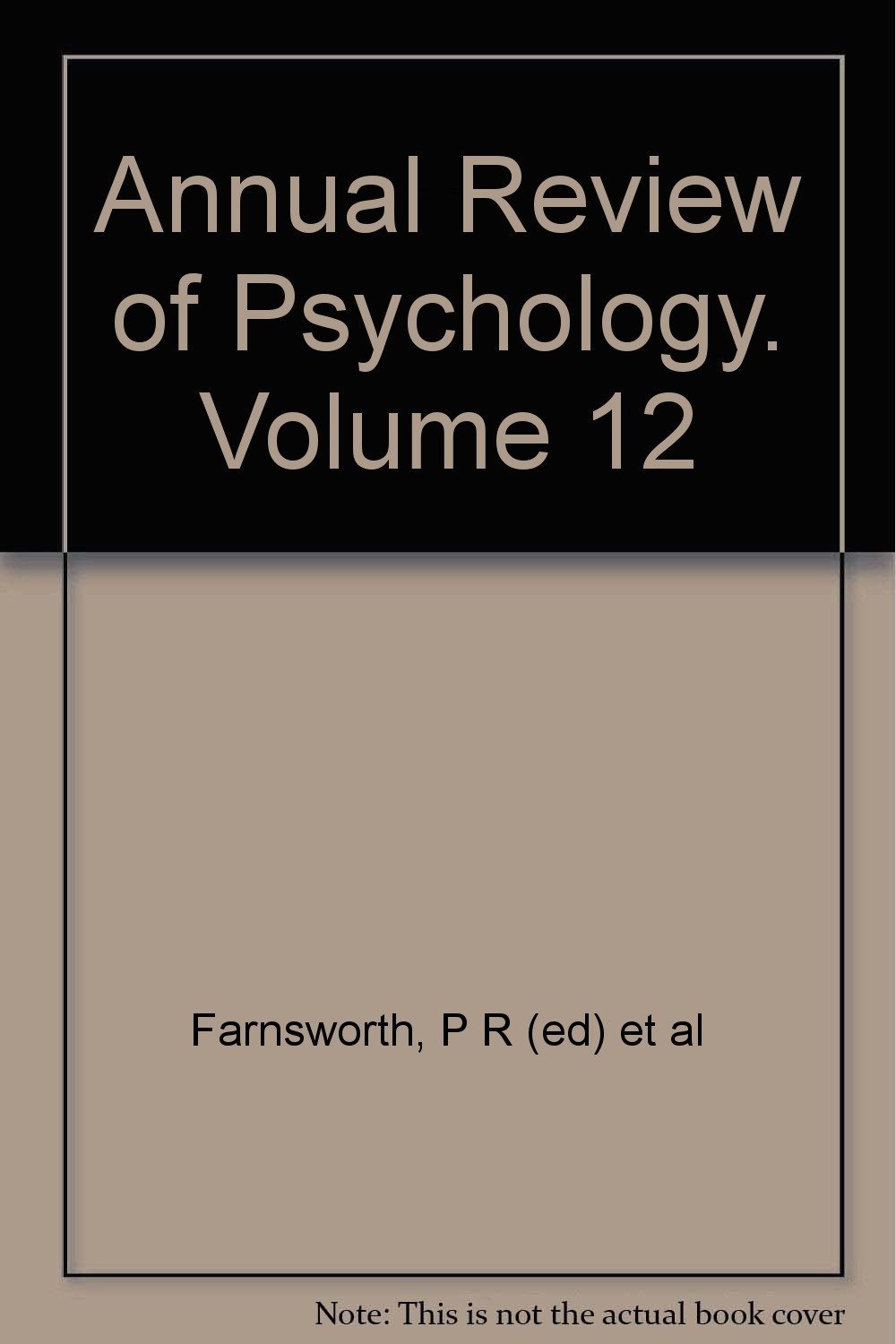Morality in Our Mind and Across Cultures and Politics
IF 29.4
1区 心理学
Q1 PSYCHOLOGY
引用次数: 0
Abstract
Moral judgments differ across cultures and politics, but they share a common theme in our minds: perceptions of harm. Both cultural ethnographies on moral values and psychological research on moral cognition highlight this shared focus on harm. Perceptions of harm are constructed from universal cognitive elements—including intention, causation, and suffering—but depend on the cultural context, allowing many values to arise from a common moral mind. This review traces the concept of harm across philosophy, cultural anthropology, and psychology, then discusses how different values (e.g., purity) across various taxonomies are grounded in perceived harm. We then explore two theories connecting culture to cognition—modularity and constructionism—before outlining how pluralism across human moral judgment is explained by the constructed nature of perceived harm. We conclude by showing how different perceptions of harm help drive political disagreements and reveal how sharing stories of harm can help bridge moral divides.我们心中的道德以及跨文化和跨政治的道德
不同文化和政治的道德判断各不相同,但它们在我们的头脑中有一个共同的主题:对伤害的认知。有关道德价值观的文化民族志和有关道德认知的心理学研究都强调了这种对伤害的共同关注。对伤害的认知是由普遍的认知元素--包括意图、因果关系和痛苦--构建而成的,但又取决于文化背景,从而使许多价值观产生于共同的道德观念之中。这篇综述追溯了哲学、文化人类学和心理学中的伤害概念,然后讨论了不同分类法中的不同价值观(如纯洁性)是如何以感知到的伤害为基础的。然后,我们探讨了将文化与认知联系起来的两种理论--模块化和建构主义--然后概述了人类道德判断的多元化是如何通过感知伤害的建构性质来解释的。最后,我们展示了对伤害的不同认知如何助长政治分歧,并揭示了分享伤害故事如何有助于弥合道德分歧。
本文章由计算机程序翻译,如有差异,请以英文原文为准。
求助全文
约1分钟内获得全文
求助全文
来源期刊

Annual review of psychology
医学-心理学
CiteScore
47.30
自引率
0.80%
发文量
48
期刊介绍:
The Annual Review of Psychology, a publication that has been available since 1950, provides comprehensive coverage of the latest advancements in psychological research. It encompasses a wide range of topics, including the biological underpinnings of human behavior, the intricacies of our senses and perception, the functioning of the mind, animal behavior and learning, human development, psychopathology, clinical and counseling psychology, social psychology, personality, environmental psychology, community psychology, and much more. In a recent development, the current volume of this esteemed journal has transitioned from a subscription-based model to an open access format as part of the Annual Reviews' Subscribe to Open initiative. As a result, all articles published in this volume are now freely accessible to the public under a Creative Commons Attribution (CC BY) license.
 求助内容:
求助内容: 应助结果提醒方式:
应助结果提醒方式:


